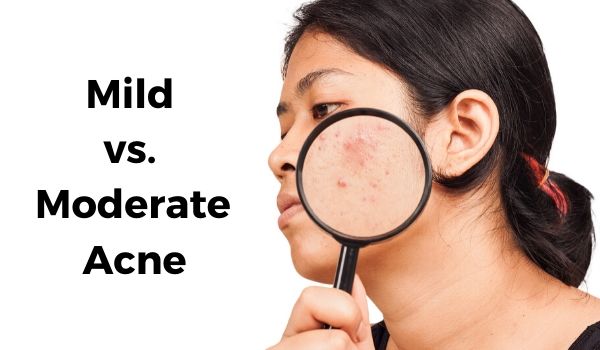Acne is a common skin condition that affects millions of people worldwide. It is characterized by the appearance of pimples, blackheads, and whiteheads on the face, neck, chest, and back. While acne is most commonly associated with teenagers, it can occur at any age, and it can have a significant impact on an individual’s self-esteem and quality of life.
Causes of Acne
Acne is caused by a combination of factors, including:
- Excess oil production: The skin produces oil to keep it moisturized, but excess oil production can lead to clogged pores and the development of acne.
- Hormonal changes: Hormonal changes during puberty, menstruation, and pregnancy can cause the skin to produce more oil, leading to the development of acne.
- Bacteria: The presence of bacteria on the skin can contribute to the development of acne.
- Genetics: Acne can be hereditary, meaning that if your parents had acne, you are more likely to develop it.
- Certain medications: Some medications, such as corticosteroids and anticonvulsants, can cause acne as a side effect.

Treatment of Acne
There are many treatment options available for acne, including:
- Topical medications: Topical medications, such as benzoyl peroxide and salicylic acid, can be applied directly to the skin to reduce the appearance of acne.
- Oral medications: Antibiotics and other oral medications may be prescribed by a dermatologist to treat more severe cases of acne.
- Lifestyle changes: Changes in diet and exercise can also help reduce the appearance of acne.
- Chemical peels: Chemical peels can be used to remove dead skin cells and unclog pores.
- Laser therapy: Laser therapy can be used to reduce the appearance of acne and prevent future breakouts.
Prevention of Acne
While there is no guaranteed way to prevent acne, there are several steps that can be taken to reduce the likelihood of developing it. These include:
- Keeping the skin clean: Regularly washing the face with a gentle cleanser can help remove excess oil and prevent the buildup of bacteria.
- Avoiding harsh skin products: Harsh skin products, such as toners and astringents, can irritate the skin and exacerbate acne.
- Protecting the skin from the sun: Sun exposure can worsen acne and cause scarring. It is important to use sunscreen or wear protective clothing when spending time in the sun.
- Avoiding touching the face: Touching the face can transfer bacteria to the skin, leading to the development of acne.
- Managing stress: Stress can exacerbate acne, so it is important to find ways to manage stress levels.

Conclusion
Acne is a common skin condition that can have a significant impact on an individual’s quality of life. While there are many treatment options available, prevention is key. By keeping the skin clean, avoiding harsh skin products, protecting the skin from the sun, avoiding touching the face, and managing stress levels, it is possible to reduce the likelihood of developing acne. If acne does develop, it is important to seek the advice of a dermatologist to determine the best course of treatment. With the right treatment and prevention strategies, it is possible to manage acne and maintain healthy, clear skin.

